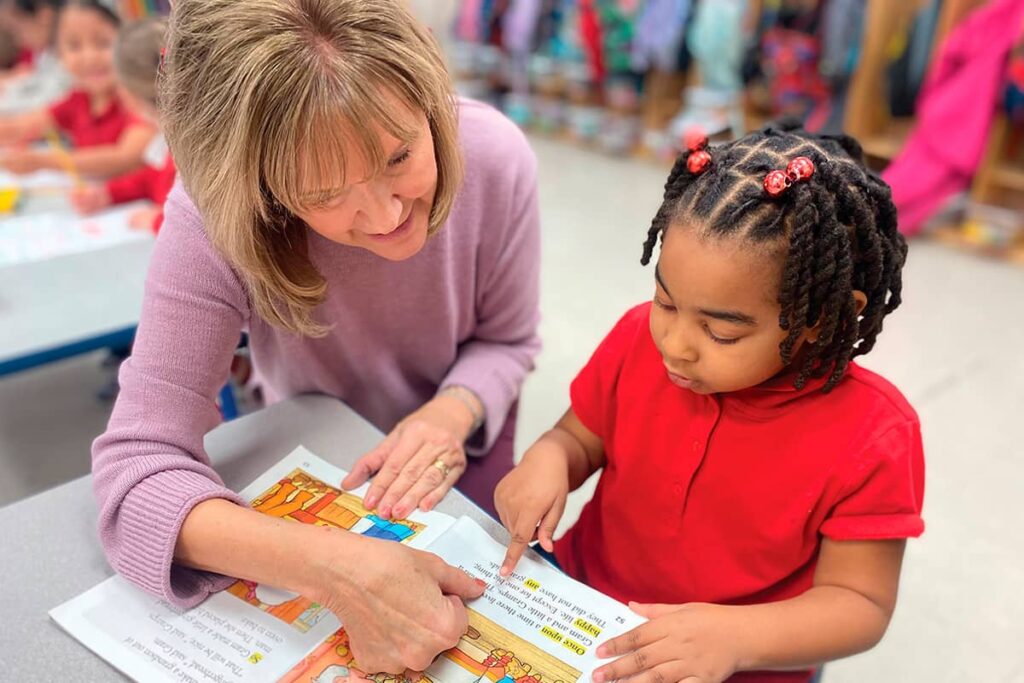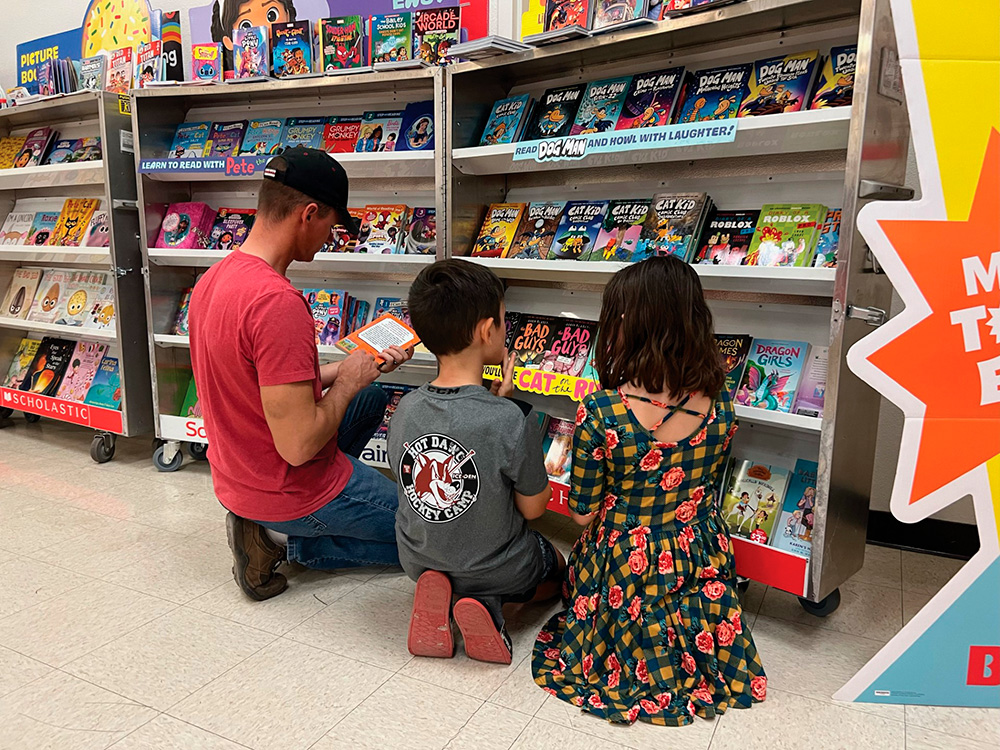Often, we hear that we must read to young children as early as newborns. Why must we read to our children? How and what are we supposed to read to them? We also ask, isn’t reading a skill taught in schools?
I was in graduate school when my daughter was born. Finding time to read to my infant daughter was indeed challenging. I was overwhelmed by the number of textbooks and research articles I had to read to meet academic requirements. I had no time to spare. I also knew it didn’t matter what I read to a newborn. What really mattered was that I was reading to her regardless of the content. I learned that listening to the words said aloud and using the language, phrases, and sentences mattered. I decided to use whatever resources were available to me. I would place my child on the baby swing. Looking at her face and with exaggerated expressions, I would review my course material, go over the formulas I was learning, and make up a child-friendly rhythm to recite the concepts I was reviewing. She was happy.
It doesn’t matter what we read to infants as long as they listen to the words, phrases, and sentences spoken in a pleasant tone. However, as the child grows older, the content of what we read must be relevant and age appropriate. We move from board books to picture books to books with words by the time they are ready to enter kindergarten.

When we read to our children, we teach them critical reading skills and help them develop great learning habits. We also cultivate an environment that provides a lifetime of joy through reading.
LANGUAGE DEVELOPMENT
Research indicates that babies are hardwired for language development. Parents help lay the foundation for language development in children’s brains by reading with children at a young age. Holding the books, looking at pictures, and reading together encourage their language and cognitive development.
Children need continuous experience with various language patterns and words. Exposure to a large vocabulary in books enhances children’s ability to understand deeper concepts and express their thoughts and feelings.
By reading with children, parents and caregivers are exposing them to a wider variety of word patterns and vocabulary. Through books, children learn words and language usage beyond what they hear and experience in their immediate environment from the adults in their lives. Books bring a large variety of words and patterns necessary for language development.
SOCIAL AND EMOTIONAL DEVELOPMENT
Reading books helps children identify with the story’s characters facing various challenges. Children learn to relate to the characters’ emotions and how the issues are resolved. They learn to understand their feelings of joy and disappointment. They can recognize their anger and how to respond to the situations appropriately.
PARENT-CHILD BONDING
Spending time reading with our children is more than just reading. It is that cherished time, a one-on-one opportunity, normally free of disruptions, enabling us to delight in a simple endeavor. Having our young children sitting in our laps, listening to our soothing voice, rejoicing in holding that special book, we help build new neuron connections and facilitate brain development.

We can read with them for only 10 minutes or half an hour or more a day. We can read at specific times or times convenient for us, at bedtime, or at any time. We can also read in any language. We can use the print as well as the e-books. However, research shows that e-books can be less beneficial as children have the tendency to scroll down fast. Yet, during travels, e-books certainly come in handy.
We must provide a literacy-rich environment for our children. There is a possible million-word literacy gap between children entering kindergarten who come from a literacy-rich environment and those deprived of reading time with parents or caregivers. We must narrow that gap by reading to our children as young as possible and not wait for them till they are enrolled in school.
To learn more about Self Development Preschool, please contact (480) 396-3522, and for the accelerated K-8 program, Self Development Academy, call Self Development Academy at (480) 641-2640.


